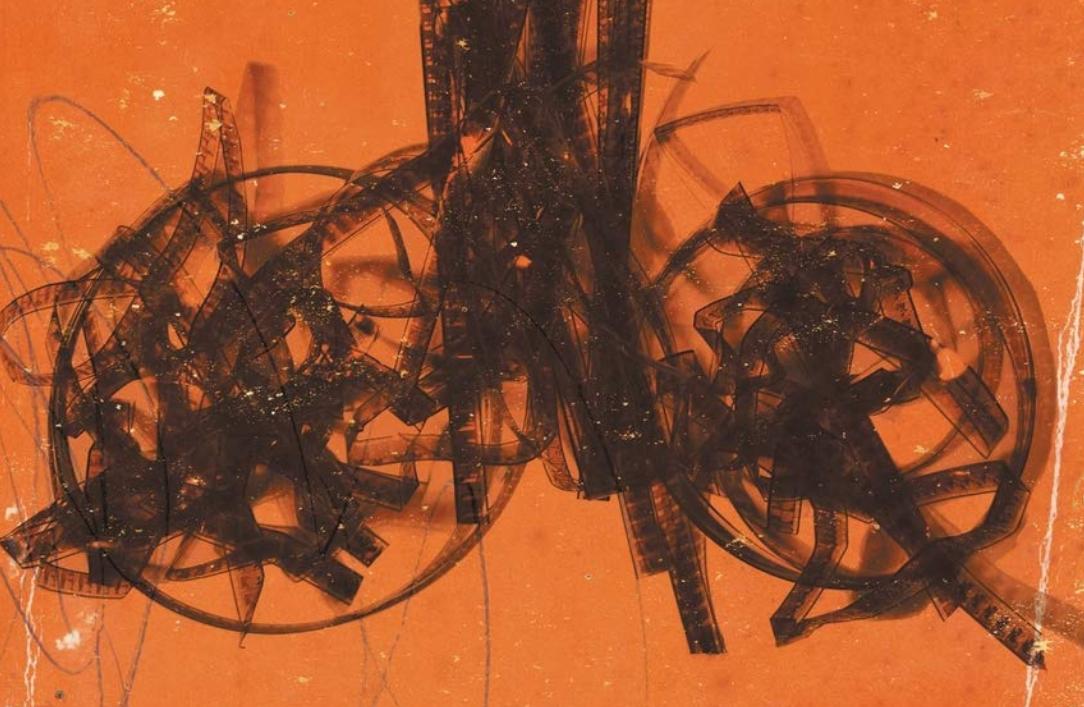“LA is just like Jim Thompson (whoever the fuck he was) said: Ten thousand characters and no people…”
Charlie Parsons is an actor that can’t seem to catch a break. He wants nothing more than to be famous, but all his roles are either background, degrading, or life-threatening. During an audition, he meets a young woman who seems to be pregnant with a god. When he seeks out the woman again to help her, he finds himself thrust into a surreal nightmare of underground cults, alternative dimensions, and reality becoming indistinguishable from TV and the movies.
Sleazeland incorporates aspects of many genres, such as noir, horror, urban fantasy, but it’s primarily a satire of Hollywood. Parsons is obsessed with becoming rich and famous. He takes dangerous and ridiculous roles just for the chance to move up the ladder, he pitches ideas to anyone who will listen, and he constantly re-reads the biography of a disgraced child actor for inspiration. He’s well-aware of how fake and sleazy Hollywood is, but he still wants to fit in. It’s only when he meets the woman pregnant with what he believes to be the Messiah that he cares for anything else.
Some of the chapters are dedicated to Parsons’s pitches for film and TV. One such pitch is a sitcom called The Slotter House in which people are slaughtered for food in a dystopian America. The episodes would revolve around the Slotter family and their wacky hijinks as they push others in front of them to be killed and made into meat instead of them. In another pitch for a film series, fecal matter becomes sentient and tries to integrate into American society.
Goodfellow’s skewering of Hollywood is both hilarious and harsh. From the beginning, he tears into the soullessness of the movie industry. Even putting aside the speculative fiction aspects of this novel, it’s obvious Goodfellow views Los Angeles as a ravenous beast from Hell. He conveys it with excellent prose.
“The streets are named for everyone you ever loved or admired. This city is a movie and it’s about you, but the street signs tell everyone their own story, so nobody can ever find each other, and no one can find the exit.”
Even when Parsons’s stumbles on to the LA’s of alternative dimensions, he finds that they’re no better. In one, he discovers what seems to be a perfect, or at least much better, world. The people are friendly and the pollution and corruption of the LA he knows doesn’t seem to exist. However, he soon discovers the darkness underneath this alternative world and is forced to flee. The rotten core of Hollywood extends into all dimensions.
Religion plays a significant role in the story. A Scientology-like cult, called Psylosophy, is also present and teaches its members to suppress all genuine love and empathy to be successful. In contrast, we learn that Parsons was originally raised in an evangelical Christian cult dedicated to fighting degeneracy. The dichotomy of material fulfillment versus spiritual fulfillment is a major conflict for Parsons.
The story becomes very convoluted. This isn’t a bad thing and adds to the nightmarish confusion that Parsons goes through. However, it does result in some plotlines feeling somewhat incomplete. For example, there are chapters which are excerpts from a book by Xavier Doderlik, the founder of Psylosophy. It leads the reader to believe that Doderlik will play a much bigger role in the story than he does.
Review copy provided
Some of the coverage you find on Cultured Vultures contains affiliate links, which provide us with small commissions based on purchases made from visiting our site.

